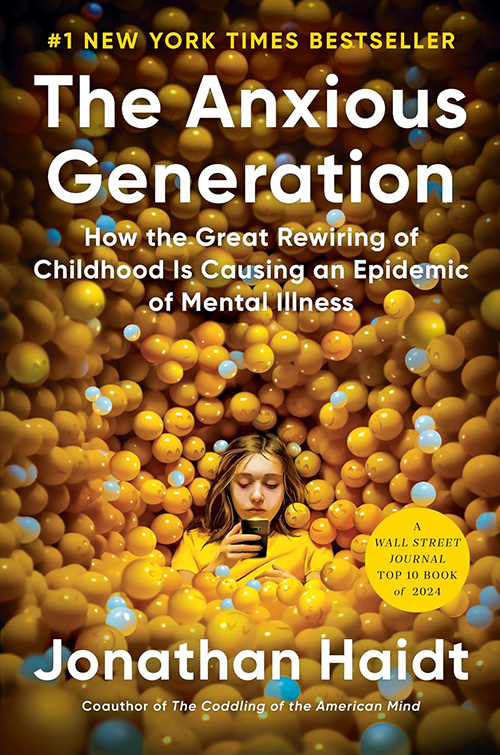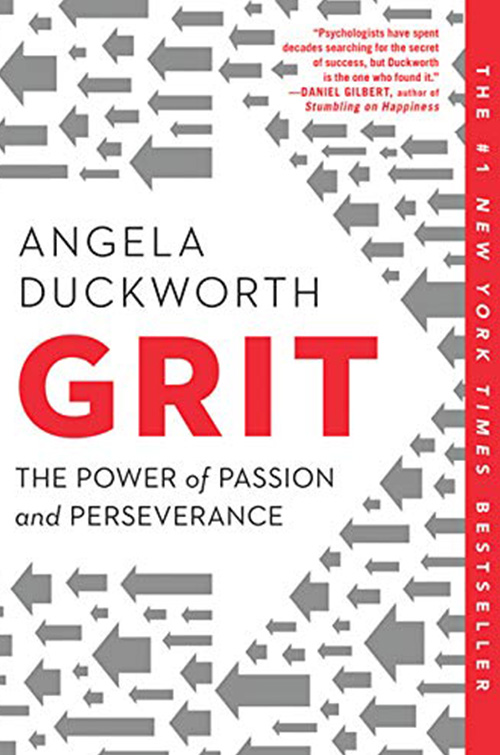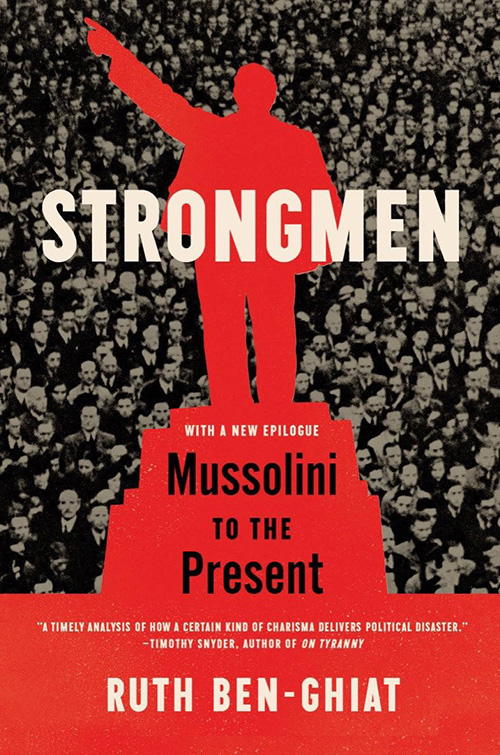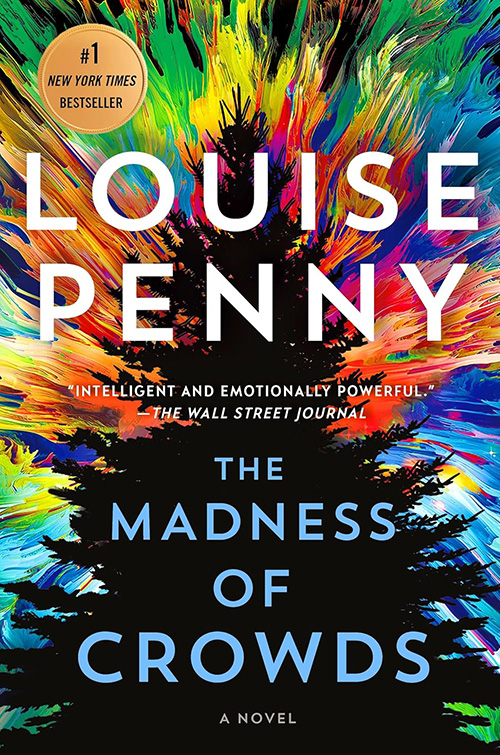Smart Reads for Sunny Days
Discover what Dean Lynnette Purda is reading this summer

Whether you’re spending your summer recharging by the lake or enjoying a bit of downtime between projects, a good book is often a perfect companion to unwind with and also gain some inspiration and insights to apply in your day-to-day.
For this installment of our annual summer reading list, we asked Interim Dean Lynnette Purda to share her recommendations. Her selections reflect a thoughtful blend of intellectual curiosity, personal reflection, professional interest and a bit of fun. As Dean Purda puts it, “Each book speaks to a question or challenge I’m thinking about, whether it's leadership, resilience, societal change or the importance of empathy.”
Here are her top picks—and why they’re on her list.
The Anxious Generation
How the Great Rewiring of Childhood Is Causing an Epidemic of Mental Illness
by Jonathan Haidt
As a parent, professor and dean, I’m deeply interested in how today’s social and technological environment is shaping young people’s mental health. This book dives into the rising anxiety among children and teens, exploring the social shifts that may be contributing to a troubling trend. Understanding these forces is key to supporting the next generation.
For anyone interested in what really drives achievement, this book offers valuable insights into the characteristics that help individuals succeed. Psychologist Angela Duckworth unpacks the concept of “grit”—a combination of passion and perseverance—and its important role in how to tackle tasks with persistence and resilience.
Strongmen: Mussolini to the Present
What modern authoritarian leaders have in common (and how they can be stopped)
by Ruth Ben-Ghait
A century-long exploration of how leaders have used authoritarian rule to build and maintain power, this book offers a sobering reminder that the challenges we face today are not as unprecedented as they might seem. It’s a compelling reason to learn from history and better understand its enduring patterns.
Part of Louise Penny’s acclaimed Inspector Gamache whodunit series, this novel blends intrigue with thought-provoking ethical questions. Set in quaint, small-town Quebec, this mystery unfolds within the academic world, exploring how data analysis and statistics can lead to decisions that challenge our sense of morality. It’s a strong illustration of the need for empathy and humanity to guide the selection or rejection of data-driven action.









